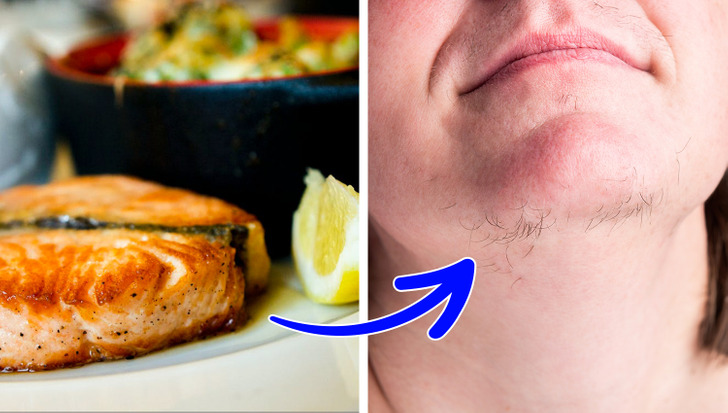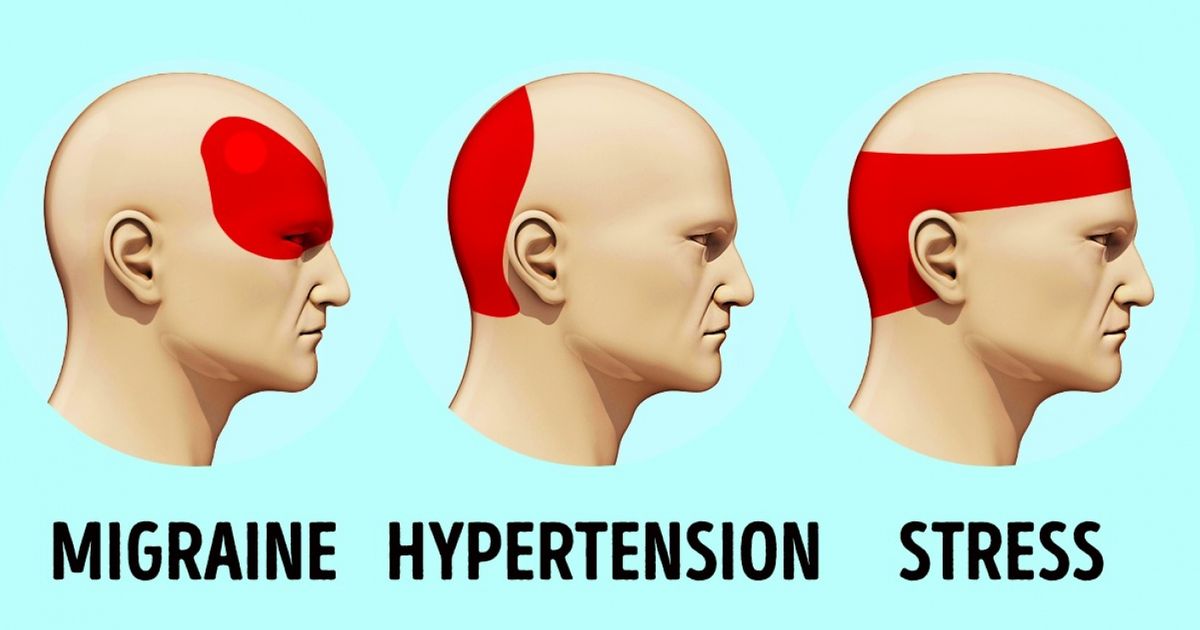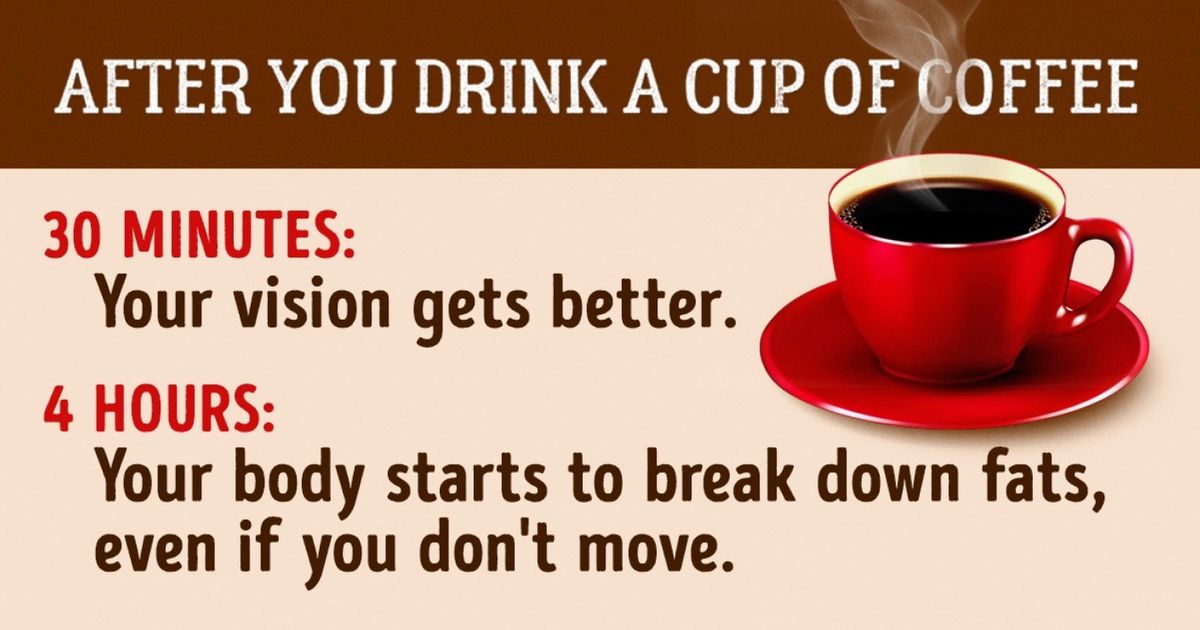In today’s world of male grooming and health optimization, many men are noticing unexpected changes in their facial hair. While a thick beard can be a sign of masculinity and style, rapid or abnormal facial hair growth may indicate underlying lifestyle factors and environmental exposures. In this comprehensive guide, we explore five primary reasons why your facial hair might be growing faster than usual. We dive into the impact of BPA exposure, sedentary habits, diet, coffee consumption, and stress. Whether you’re looking to understand your body better or seeking ways to manage your grooming routine, this article offers insights backed by credible external sources.
Many men experience changes in hair growth patterns due to hormonal shifts. Our body’s hormones, especially testosterone and cortisol, play a significant role in regulating hair growth. When these hormones become imbalanced—often because of environmental toxins or lifestyle choices—the result can be a sudden boost in facial hair development. Read more about how hormones affect hair growth on Mayo Clinic.
How BPA Exposure and Environmental Toxins Accelerate Facial Hair Growth

One of the less obvious factors contributing to rapid facial hair growth is exposure to BPA (bisphenol A) and similar environmental toxins. BPA is a chemical commonly found in plastics, food packaging, and even some personal care products. As an endocrine disruptor, BPA can mimic or interfere with the natural hormones in your body, leading to alterations in testosterone and estrogen levels.
When your hormone levels are thrown off balance, you might experience a range of unexpected bodily changes—including an acceleration in facial hair growth. Recent studies suggest that prolonged exposure to BPA may result in elevated testosterone levels in some individuals, a factor that can promote faster and denser facial hair growth. Maintaining a BPA-free lifestyle by choosing glass or stainless-steel containers and opting for BPA-free products may help mitigate these effects.
For further insights on how environmental toxins affect hormonal balance, visit Mayo Clinic’s overview of endocrine disruptors.
The Impact of a Sedentary Lifestyle and Lack of Exercise on Hormonal Balance

A lack of physical activity is more than just a contributor to weight gain—it can also disrupt your hormonal balance. Modern lifestyles often trap us in long periods of inactivity, whether it’s sitting at a desk or spending weekends on the couch. When the body is not regularly engaged in physical activity, its natural hormone regulation processes may falter.
Exercise is known to help regulate testosterone levels, improve blood circulation, and reduce excess cortisol (the stress hormone). Without a consistent workout routine, these hormonal imbalances can manifest in unexpected ways, such as an acceleration in facial hair growth. Engaging in regular physical activities like strength training, cardio, and even yoga not only benefits your overall health but may also help control the rate of hair growth by stabilizing your hormone levels.
For additional information on the interplay between exercise and hormone regulation, check out this detailed guide on Healthline.
Nutritional Insights: Does Your Fish-Rich Diet Influence Facial Hair Growth?

Diet plays a critical role in overall health, including the condition and growth rate of your facial hair. While fish is widely recognized as a superfood due to its high levels of omega-3 fatty acids and lean protein, there’s emerging evidence that certain dietary components might also influence hormonal balance.
Fish, especially varieties like salmon and mackerel, are rich in nutrients that support heart health, brain function, and overall metabolism. However, some studies suggest that a diet high in fish might subtly influence the levels of growth hormones in the body. Omega-3 fatty acids, though beneficial in reducing inflammation, could also impact the synthesis of hormones like testosterone, potentially leading to an increase in hair growth.
It’s important to maintain a balanced diet that complements your overall health goals. While including fish in your diet offers many health benefits, combining it with a variety of other nutrient-dense foods can help maintain hormonal balance and prevent unwanted side effects. For an in-depth look at the nutritional benefits of fish and its impact on hormonal health, explore resources available through Harvard Health Publishing.
The Surprising Connection Between Daily Coffee Consumption and Accelerated Facial Hair Growth

Coffee is a beloved staple in many people’s morning routines, prized for its ability to jumpstart the day. However, regular coffee consumption might be playing an unexpected role in your body’s hormonal regulation. The caffeine in coffee stimulates the central nervous system, leading to increased production of adrenaline and, in some cases, cortisol.
Elevated cortisol levels, especially if sustained over a long period, can disrupt the delicate balance of other hormones such as testosterone. This imbalance can potentially result in changes in hair growth patterns, including faster or thicker facial hair growth. Additionally, the metabolism-boosting properties of caffeine might also indirectly stimulate hair follicles by enhancing overall circulation.
If you’re concerned about the impact of coffee on your hormonal health, consider moderating your intake or opting for decaffeinated alternatives. For a deeper understanding of how caffeine affects the body and its hormones, refer to articles on WebMD.
Stress and Its Impact on Hormonal Imbalances Leading to Rapid Facial Hair Growth

Stress is an inevitable part of modern life, but its effects on your body can be far-reaching. Chronic stress leads to elevated levels of cortisol, a hormone responsible for the “fight or flight” response. While cortisol is essential for survival, long-term elevated levels can wreak havoc on other hormones in your body, including testosterone.
Increased cortisol can inhibit the normal functioning of testosterone, leading to a compensatory response by the body that may result in increased facial hair growth. Essentially, as your body tries to balance these hormones, you might experience changes in hair density and growth speed. Managing stress through mindfulness, meditation, regular exercise, or even professional counseling can not only improve your overall well-being but also help stabilize your hormonal levels.
To learn more about how stress impacts your body’s hormones and what you can do to manage stress effectively, check out resources from the American Psychological Association.
Conclusion: Balancing Lifestyle Choices for Optimal Facial Hair Health
Facial hair growth is a complex process influenced by a myriad of factors ranging from environmental toxins to lifestyle habits. By understanding the roles of BPA exposure, a sedentary lifestyle, dietary choices, coffee consumption, and chronic stress, you can better navigate the steps needed to maintain a balanced hormonal state.
Optimizing your environment and lifestyle doesn’t necessarily mean sacrificing the things you love. Simple changes like switching to BPA-free products, incorporating a regular exercise routine, balancing your diet, moderating your coffee intake, and implementing stress management techniques can go a long way in promoting overall health—and in controlling the rate of facial hair growth.
Taking proactive measures to address these factors can also have positive ripple effects on your overall health, affecting everything from energy levels to skin quality and mental well-being. As you fine-tune your habits and make informed decisions, remember that small adjustments can lead to significant improvements over time.
For those who are particularly concerned about rapid facial hair growth, it might be beneficial to consult with a healthcare provider or a dermatologist. They can offer personalized advice and recommend treatments or lifestyle modifications that align with your specific health needs.
Ultimately, understanding the multifaceted influences on facial hair growth empowers you to take control of your grooming routine and overall health. By making mindful choices and staying informed, you can ensure that your body remains balanced and that your facial hair continues to be a reflection of your unique style and vitality.
For further reading and to explore more on topics related to hormonal balance and male grooming, consider visiting trusted resources like Mayo Clinic, Healthline, Harvard Health Publishing, WebMD, and the American Psychological Association.
Preview photo credit Shutterstock.com, Shutterstock.com









